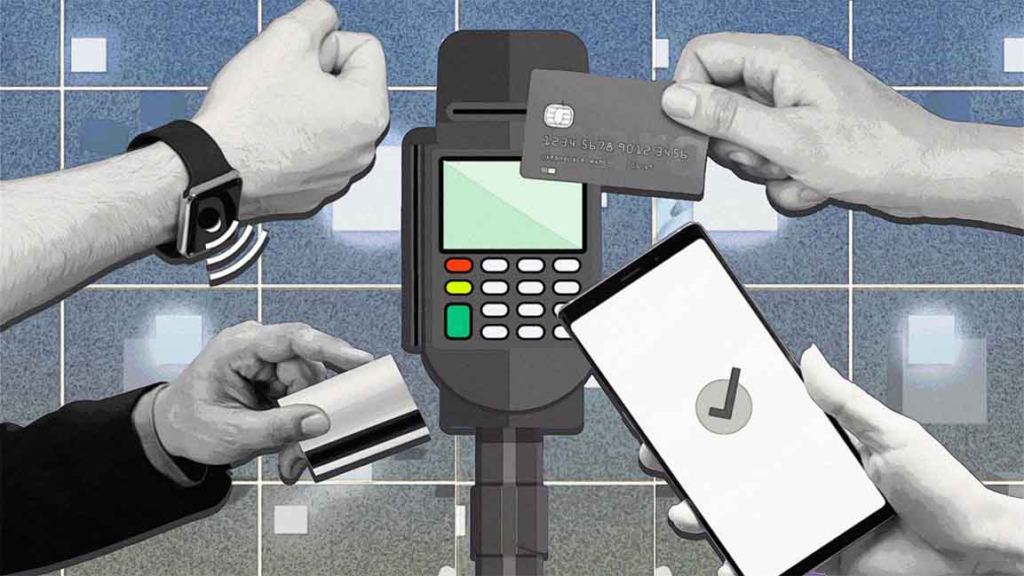Oman is charting an exciting journey toward a thriving cashless economy with purpose and passion. In recent years, the nation has embraced digital payments, wallets, and online banking as catalysts for growth and transformation. What began as pilot initiatives has blossomed into an integrated, inclusive ecosystem that is reshaping how citizens and businesses engage in commerce and finance.
The human side of this story is filled with optimism. From local shopkeepers to digital savvy youth, each Omani is becoming part of a shared story one of innovation, convenience, and trust. Let’s explore how Oman is building a cashless economy that empowers individuals, strengthens institutions, and strengthens the national economy.
Strong Foundations: Government support and policy initiatives
The journey starts with vision. Oman’s government has rolled out clear policies and incentives to promote digital payments. From regulatory frameworks to public–private partnerships, leadership at every level is unwavering. Policies encouraging electronic transactions, fintech innovations, and interoperable systems have nurtured a favourable environment for growth.
Regulators have engaged with stakeholders early and often, educating both merchants and consumers on the benefits of cashless transactions. Training programs, subsidies for technology adoption, and awareness campaigns have built confidence and momentum.
Infrastructure: Building the digital backbone
A cashless economy needs robust infrastructure. Oman has upgraded its banking systems, installed secure point of sale machines across retail outlets, and expanded mobile network coverage. High speed internet, safe payment gateways, and a growing network of ATMs and deposit kiosks all serve to ease the transition.
The rise of smartphone use has been pivotal. Mobile wallet apps, QR payment systems, and contactless cards now offer seamless ways to pay. From cafés in Muscat to remote villages, access to digital payments is becoming widespread and inclusive.

Financial inclusion: Bringing everyone on board
One of the most inspiring aspects of Oman’s journey is its focus on inclusion. Women, youth, rural residents, and small business owners are all part of the move toward cashless. Government led financial literacy initiatives help people understand the benefits of digital finance, security, traceability, convenience, and savings opportunities.
Micro entrepreneurs and women led small businesses are especially benefiting, accessing new customer bases and more efficient payment systems. This not only uplifts individual lives but strengthens whole communities.
Technological innovation: Local fintech rising
Oman’s fintech landscape is vibrant and growing. Homegrown startups are offering creative solutions, from digital wallets and peer to peer payment platforms to budgeting apps and merchant services. Collaboration between banks and fintech firms has led to innovations such as interoperable QR systems, secure tokenization of cards, and instant digital invoicing.
This fusion of innovation and regulation ensures both creativity and trust, a rare and powerful combination. Oman is positioning itself as a fintech friendly hub in the Gulf, drawing interest from investors and technology partners.
Consumer experience: Convenience meets empowerment
For everyday users, the transformation is tangible. No more fumbling for change or chasing receipts. Instead, a quick scan via QR code, mobile app, or contactless card completes the transaction. Digital records help users track spending, automate payments, and even earn rewards.
Online shopping, bill payments, and peer transfers are now effortless. The experience is not only convenient, it is empowering. People feel safer carrying less cash and more confident managing their finances. Elderly users, once wary of digital platforms, are now learning to pay with mobile wallets thanks to guided support initiatives.

Business transformation: Efficiency, security, growth
From small souk stalls to large corporate retailers, businesses are embracing the cashless shift. Digital payments reduce theft risk, cut cash handling costs, and streamline accounting. They open doors to broader markets, tourists, online consumers, and younger tech savvy customers.
Merchants equipped with digital tools can offer loyalty points, promotions, and analytics. This fuels smarter inventory management, better customer service, and ultimately, growth. For many, the transition represents a digital rebirth, a renewed business model driven by efficiency and innovation.
Economic impact: Growth and resilience
At a macro level, Oman’s move to cashless channels supports greater economic resilience. Digital payments increase transparency and reduce informal cash flows. Revenue collection becomes more accurate, financial data more accessible, and policy responses faster.
This growth in digital finance contributes to GDP and attracts foreign investment. International companies and tourists prefer digital first environments, they see Oman as a forward looking, efficient, and secure economy. This positive perception boosts business confidence and long term development.
Overcoming challenges: Trust and adaptation
Transitioning to a cashless economy is not without hurdles. Some remain hesitant, worried about data privacy, system reliability, or cyber fraud risks. Others live in remote areas with limited internet access. Small merchants may be slow to adopt unfamiliar technology.
Yet Oman is addressing these barriers head on. Awareness campaigns tackle trust issues, cybersecurity standards are strengthened, infrastructure is expanded, and subsidy programs help small vendors afford digital terminals. Government and financial bodies offer helplines and support to make the shift smoother.
The human connection: Stories of change
In a quiet town in the interior, a grandmother now uses a mobile wallet to pay for groceries, she smiles at how she can track her spending securely. In a coastal city, a young startup founder launched a peer to peer payment app that now serves thousands across the country. A local tailor, once paid only in cash, now uses digital payments and sees customers doubling.
Each of these stories shows how Oman’s cashless journey is not just about technology, it is about human lives changing for the better, businesses growing, individuals empowered, communities uplifted.
Looking ahead: The path to a fully cashless Oman
What comes next? Oman aims to deepen digital adoption even further with biometric authentication, AI driven personality, and smart city payment infrastructure. Continued investment in rural internet access and digital education remain critical. Partnerships with global fintech players and international institutions will accelerate innovation.
The vision is clear. By the end of the coming decade, Oman aspires to be a benchmark cashless economy where financial inclusion, security, and innovation are the norm. And as that vision unfolds, every Omani, young, old, rural, urban, will have a stake in and a share of the prosperous future being built.
Do follow Gulf Magazine on Instagram.
Also Read – Smart Port Technologies Boost Efficiency and Growth at Port of Salalah



